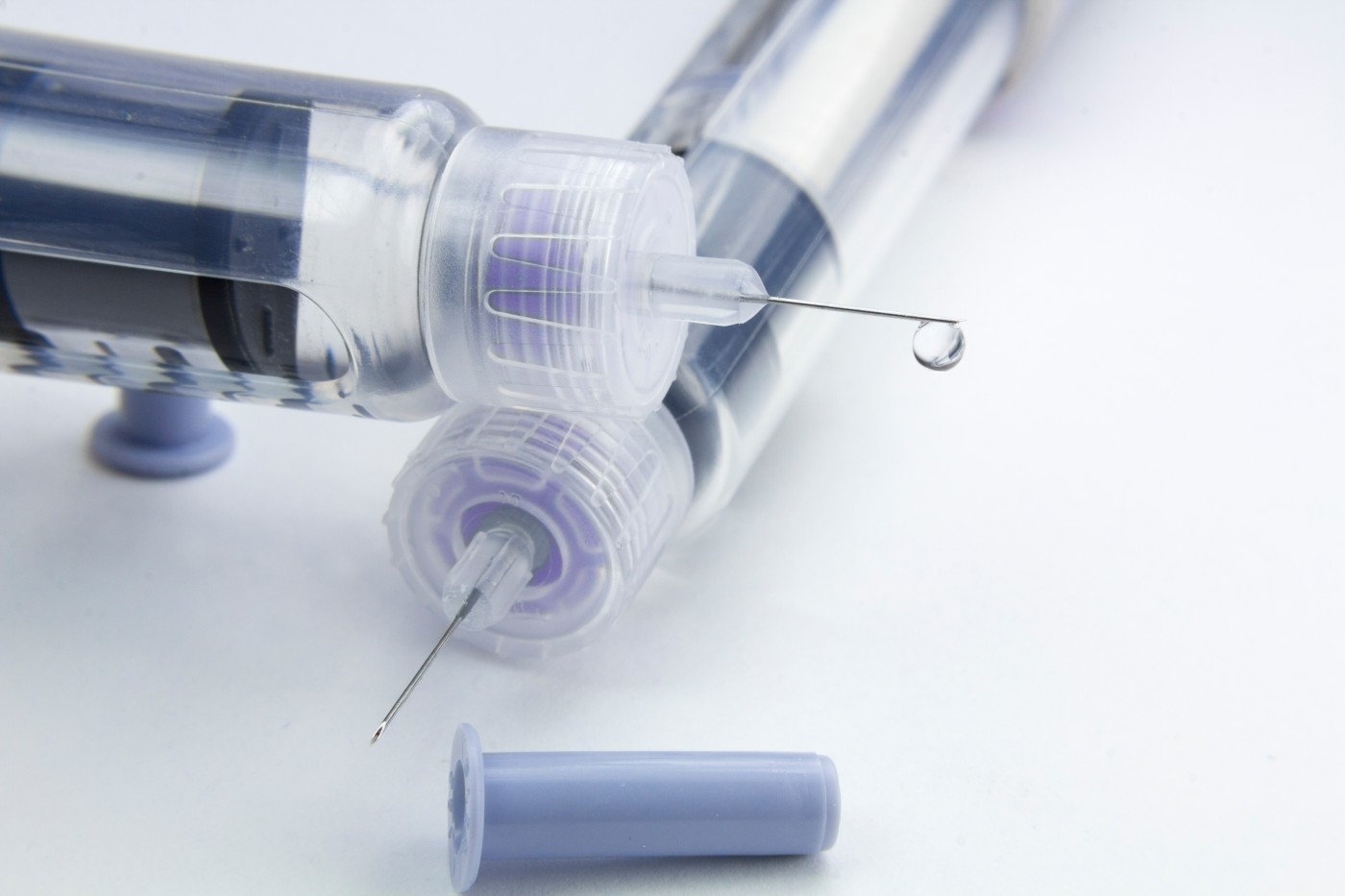GATE Trial Supports Generic Glatiramer Acetate as an Alternative Therapy for Relapsing-Remitting Multiple Sclerosis
Written by |

The Glatiramer Acetate Clinical Trial to Assess Equivalence With Copaxone (GATE) seems to be the first phase 3 clinical trial to test a generic disease-modifying medication for multiple sclerosis (MS) treatment. The data showed that glatiramer acetate, the generic drug, was equivalent to the trademark drug Copaxone for the treatment of MS. The results were recently published in the journal JAMA Neurology, under the title “Equivalence of Generic Glatiramer Acetate in Multiple Sclerosis, A Randomized Clinical Trial“.
In the United States, the cost of MS treatments is an economic burden since MS drugs account for 3.1% of the total drug costs, although they represent lower than 0.1% of medical prescriptions. The patents for the first approved therapies, interferon beta and brand glatiramer acetate, for relapsing-remitting multiple sclerosis (RRMS) are ending thus opening news ways for the development of generic alternative drugs that will bring in cost savings for contributors and patients.
The GATE study was a randomized, multicenter (academic, medical and clinical centers), double-blind and placebo-controlled phase 3 clinical trial. The enrolled individuals were patients with RRMS, aged 18 to 55 years old, with at least one relapse in the previous year and 1 to 15 gadolinium-enhancing brain magnetic resonance imaging lesions. The participants were randomly distributed to either receive a daily subcutaneous injection of generic glatiramer acetate (20 mg), brand glatiramer acetate (20 mg) or a placebo during 9 months. The mechanism of action of glatiramer acetate, a complex mixture of random polypeptides, is not completely understood but seems to affect the adaptive and innate immune responses.
The present study showed that the generic drug is effective and reduced gadolinium-enhancing lesions in RRMS similarly to the brand drug. The generic drug had a benign safety and tolerability profile for 9 months equivalent to the brand drug. In the end of the study, all participants received generic glatiramer acetate treatment in a 15-month open-label extension to evaluate interchangeability between the generic and brand drug. This extension will give more information on long-standing efficacy and safety, immunogenicity and the effect of changing from brand to generic glatiramer acetate therapy.
This study has, however, various potential limitations such as the short duration of the trial, and the fact that the study was not conceived or formally powered to show reduction on relapse rate in a population accessible for clinical trials at the moment. In addition, injection site reactions were found to be more frequent with the active treatments when compared with placebo.
Overall, the GATE study supported equivalence of generic glatiramer acetate to the original brand glatiramer acetate (Copaxone) as an alternative treatment for RRMS.


